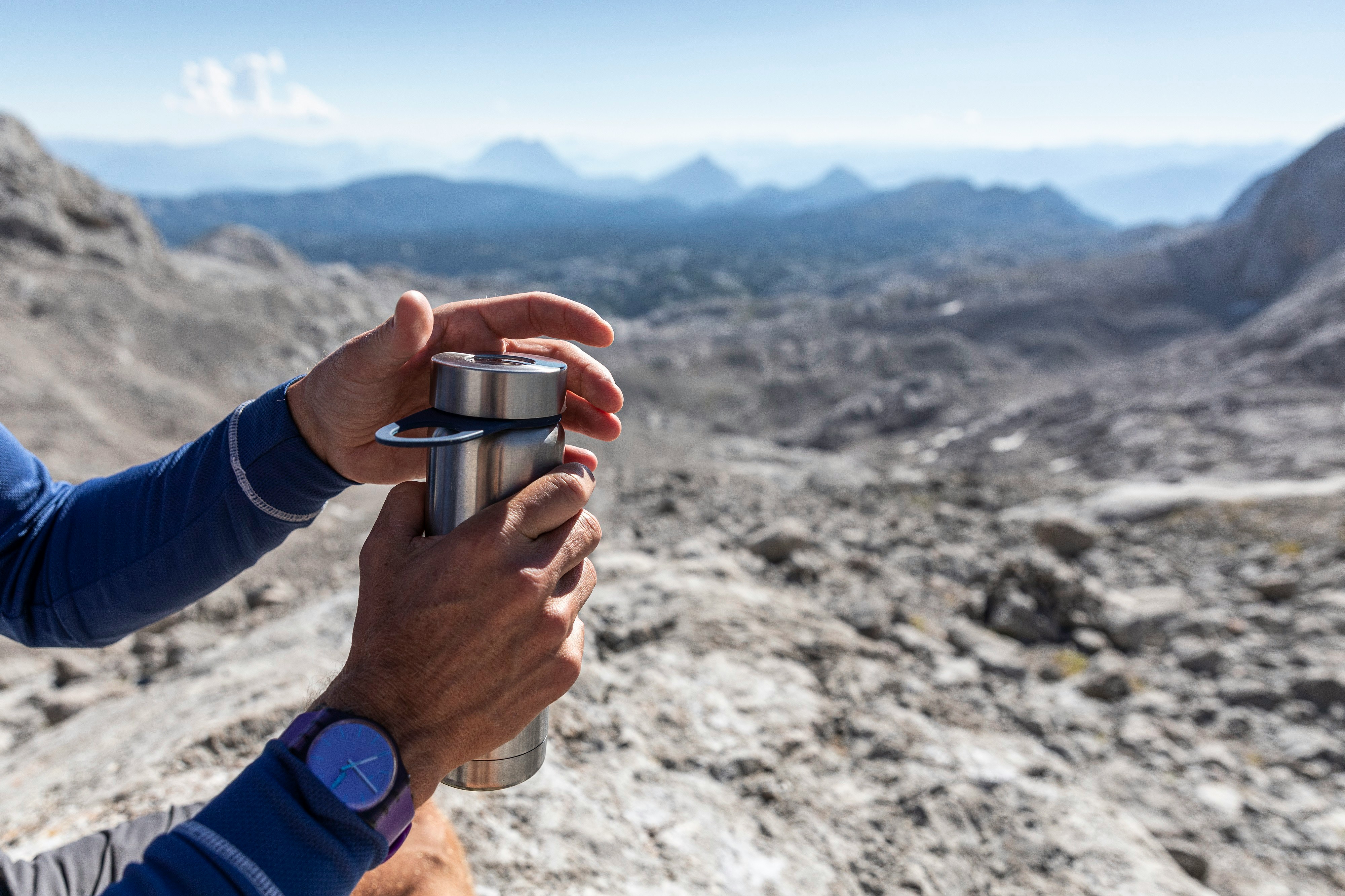
Hydration is vital for general health and well-being. Our bodies are mostly composed of water, which is essential for several processes, including digestion, absorption of nutrients, and temperature regulation. Maintaining optimal health can be facilitated by being aware of how much water you require and how crucial it is to stay hydrated.
Why Hydration is Important?
Regulation of Body Temperature
Through respiration and sweating, water aids in controlling body temperature. In The Water Secret, Dr. Howard Murad states,
“Efficient cell function and preservation of body temperature depend on adequate hydration.”
Lubricating Joints and Tissues
Drinking enough water lubricates joints, making movement easier and lowering the chance of injury. Additionally, it protects tissues and organs from harm by cushioning them. In Your Body’s Many Cries for Water, Dr. Batmanghelidj highlights,
“Water is the most essential nutrient for health, growth, and development.”
Aiding in Digestion and Nutrient Absorption
Digestion requires water because it aids in the breakdown of nutrients and their delivery to cells. It also makes it easier for food to break down and for vitamins and minerals to be absorbed. In The Fourth Phase of Water, Dr. Gerald H. Pollack states,
“Water acts as a medium for transporting nutrients and waste products throughout the body.”
Removing Waste Products
Water aids in the removal of toxins and waste products from the body via urine, sweat, and bowel motions. Maintaining proper hydration lowers the risk of urinary tract infections and kidney stones while also promoting kidney function.
How Much Water Do You Need?
The amount of water you need depends on various factors, including your age, sex, weight, activity level, and overall health. While individual needs may vary, a general guideline is to aim for:
- Men: About 3.7 liters (or about 13 cups) of total water per day from all beverages and foods.
- Women: About 2.7 liters (or about 9 cups) of total water per day from all beverages and foods.
10 Tips on Staying Hydrated
- Water Bottle: Keep a reusable water bottle with you throughout the day to sip on regularly, whether at work, school, or running errands.
- Reminders: Use alarms or smartphone apps to remind yourself to drink water at regular intervals, ensuring you stay hydrated consistently.
- Drink Before You’re Thirsty: Don’t wait until you feel thirsty; sip water throughout the day to maintain hydration levels, especially in hot weather or during exercise.
- Infuse Your Water: Enhance the flavor of water by adding slices of fruits like lemon, cucumber, or berries, making it more enjoyable to drink.
- Monitor Urine Color: Check the color of your urine; pale yellow indicates adequate hydration, while darker colors may signal dehydration.
- Hydrating Foods: Include foods with high water content in your diet, such as watermelon, cucumbers, oranges, and soups, to boost hydration levels.
- Limit Caffeine and Alcohol: Be mindful of beverages like coffee, tea, and alcohol, which can increase fluid loss; balance them with water intake.
- Drink with Meals: Have a glass of water with each meal to aid digestion and ensure hydration throughout the day.
- Hydrate Before Exercise: Drink water before, during, and after physical activity to replenish fluids lost through sweat and prevent dehydration.
- Create Hydration Goals: Set daily hydration goals based on your needs and adjust them for your activity level and the weather to maintain optimal hydration status.
Staying hydrated is essential for supporting body functioning and preserving general health. Water is essential for maintaining body temperature, promoting healthy digestion, lubricating joints, and eliminating waste. Being aware of your unique water requirements and forming hydration-promoting habits will help you avoid dehydration and maintain your health. Buoy is one fine brand that is future of hydration with their life changing hydration drops. You can make sure your body gets the hydration it needs to perform at its best by drinking water throughout the day, consuming foods that are high in water content, keeping an eye on the colour of your urine, and modifying your fluid intake according to the weather and degree of activity.
“You’re thirsty, not ill. Don’t use drugs to quench your thirst.”
– Dr. F. Batmanghelid